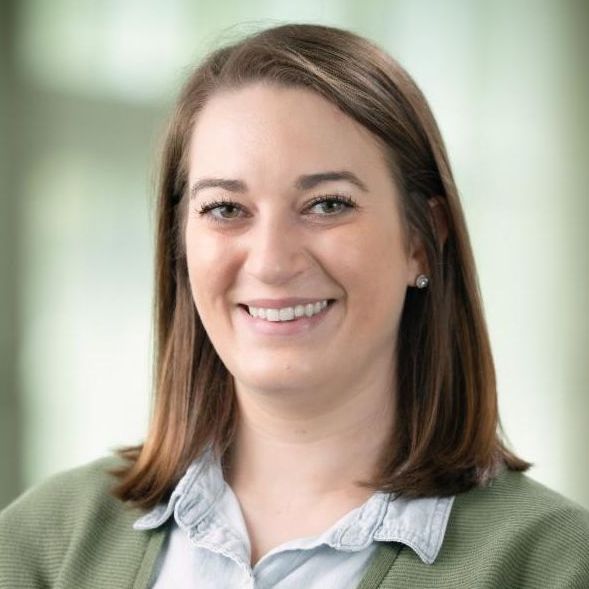Organizational well-being has been misunderstood historically and may be conflated with personal/professional well-being and “self-care.” Therefore, it is important to reconcile professional and organizational well-being and to understand the ways in which these two concepts are complementary. Broadly, there are three main components of organizational well-being: leadership, climate, and culture. Each of these can be broken down into various subdomains. Leadership involves setting policy and distributing leadership. Climate involves the structures in place within an organization to support well-being. Culture involves the ways in which people actually behave in the organization, including efficiency and available support. Finally, we will discuss some examples of ways in which these goals have been or could be implemented within the integrated primary care setting.
Learning Objectives:
Describe organizational well-being, including how it is different from and related to professional well-being.
Explain the main characteristics/factors/qualities of organizational well-being.
Discuss exemplar implementation strategies that could be applied to the integrated primary care setting.
Speaker(s):
 Brittany Liebsack, PhD, LP, is a faculty trainer for the Mid-America MHTTC's school mental health team, developing and providing training and technical assistance at the universal, targeted and intensive levels. Passionate about the dissemination and implementation of evidence-based practices for children and their families, Dr. Liebsack helps our Center implement comprehensive mental health programming via the most accessible mental health providers for youths and teens: our schools. Throughout her undergraduate and post-baccalaureate research and clinical experiences, Dr. Liebsack became aware of and frustrated by the research-to-practice gap in the use of evidence-based practices in community settings and routine care. This led to her pursuit of graduate training and research interests in implementation, dissemination, and patient/family engagement in and barriers to treatment. Dr. Liebsack’s clinical interests include school mental health, integrated primary care, trauma/anxiety, and externalizing behavior. She earned her Ph.D. in Psychology at West Virginia State and completed her pre-doctoral internship at the University of Nebraska Medical Center's Munroe-Meyer Institute, where she is now a postdoctoral fellow.
Brittany Liebsack, PhD, LP, is a faculty trainer for the Mid-America MHTTC's school mental health team, developing and providing training and technical assistance at the universal, targeted and intensive levels. Passionate about the dissemination and implementation of evidence-based practices for children and their families, Dr. Liebsack helps our Center implement comprehensive mental health programming via the most accessible mental health providers for youths and teens: our schools. Throughout her undergraduate and post-baccalaureate research and clinical experiences, Dr. Liebsack became aware of and frustrated by the research-to-practice gap in the use of evidence-based practices in community settings and routine care. This led to her pursuit of graduate training and research interests in implementation, dissemination, and patient/family engagement in and barriers to treatment. Dr. Liebsack’s clinical interests include school mental health, integrated primary care, trauma/anxiety, and externalizing behavior. She earned her Ph.D. in Psychology at West Virginia State and completed her pre-doctoral internship at the University of Nebraska Medical Center's Munroe-Meyer Institute, where she is now a postdoctoral fellow.
 Christian Klepper, PsyD, LP, is a licensed psychologist and assistant professor in the Department of Psychology at the Munroe-Meyer Institute for Genetics and Rehabilitation at the University of Nebraska Medical Center. She received her Psy.D. in clinical psychology from Mercer University in Atlanta, Georgia, and completed her internship and post-doctoral training at the Munroe-Meyer Institute. Dr. Klepper is the project coordinator for the Pediatric Mental Health Care Access Program and serves as a faculty trainer for the Mid-America MHTTC. Her clinical time is spent providing behavioral health services at Children’s Physicians, Creighton University Medical Center, in Omaha. Her research interests include integrating behavioral health into primary care, increasing access to care, anticipatory guidance and integrating behavioral health into well child visits, screening in primary care, psychological flexibility, and education and training in integrated primary care.
Christian Klepper, PsyD, LP, is a licensed psychologist and assistant professor in the Department of Psychology at the Munroe-Meyer Institute for Genetics and Rehabilitation at the University of Nebraska Medical Center. She received her Psy.D. in clinical psychology from Mercer University in Atlanta, Georgia, and completed her internship and post-doctoral training at the Munroe-Meyer Institute. Dr. Klepper is the project coordinator for the Pediatric Mental Health Care Access Program and serves as a faculty trainer for the Mid-America MHTTC. Her clinical time is spent providing behavioral health services at Children’s Physicians, Creighton University Medical Center, in Omaha. Her research interests include integrating behavioral health into primary care, increasing access to care, anticipatory guidance and integrating behavioral health into well child visits, screening in primary care, psychological flexibility, and education and training in integrated primary care.
Coming Home to Primary Care: Pediatric Integrated Health